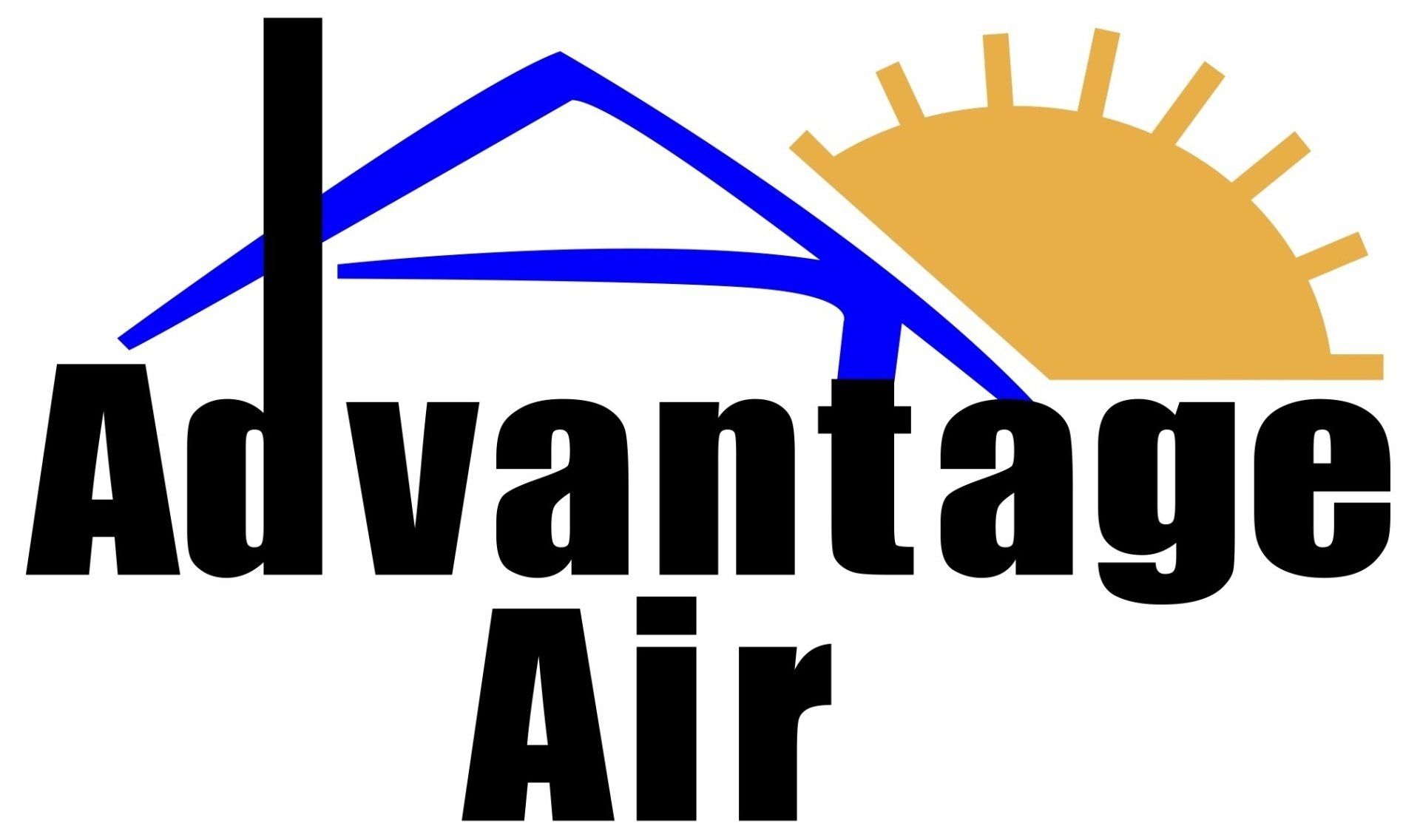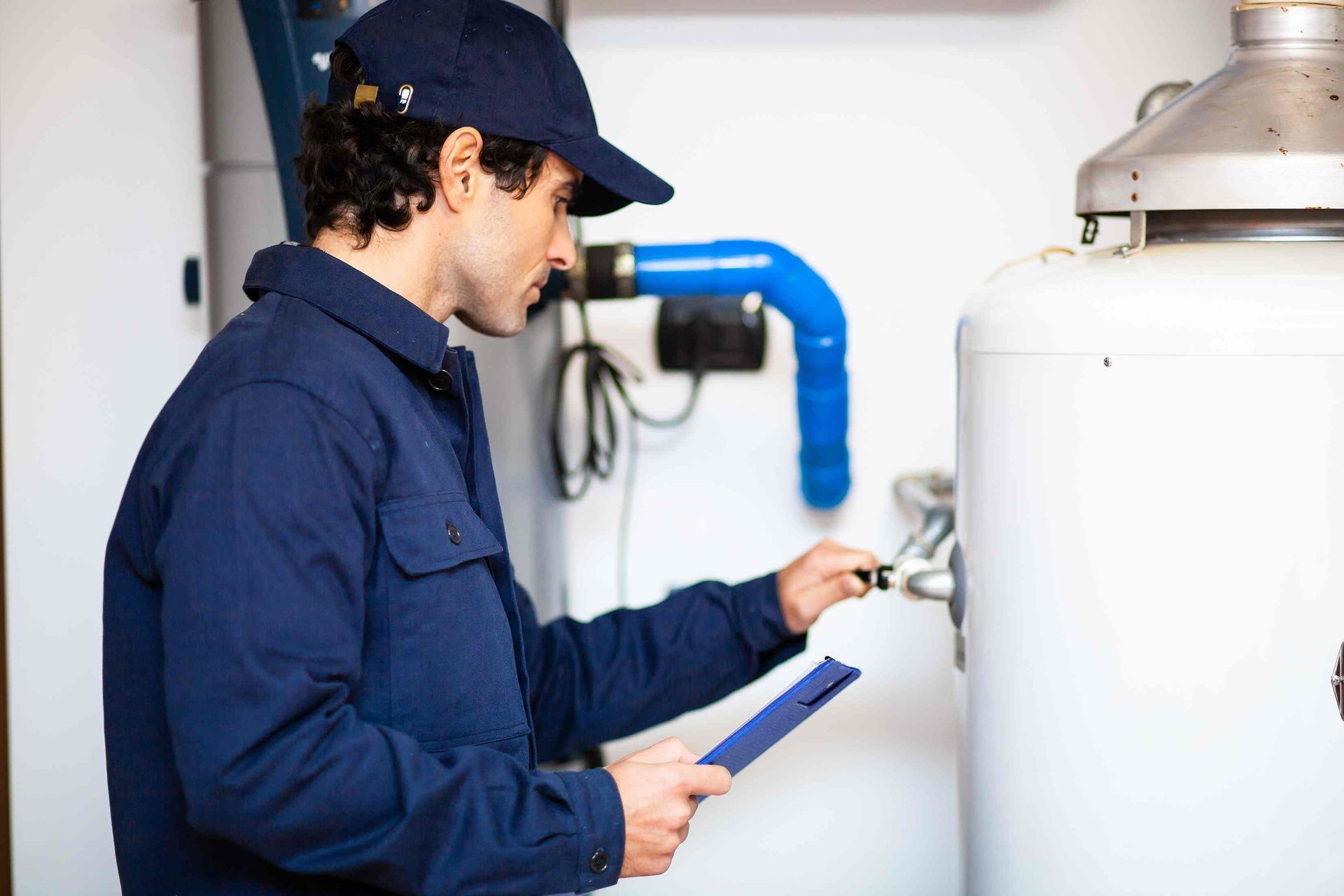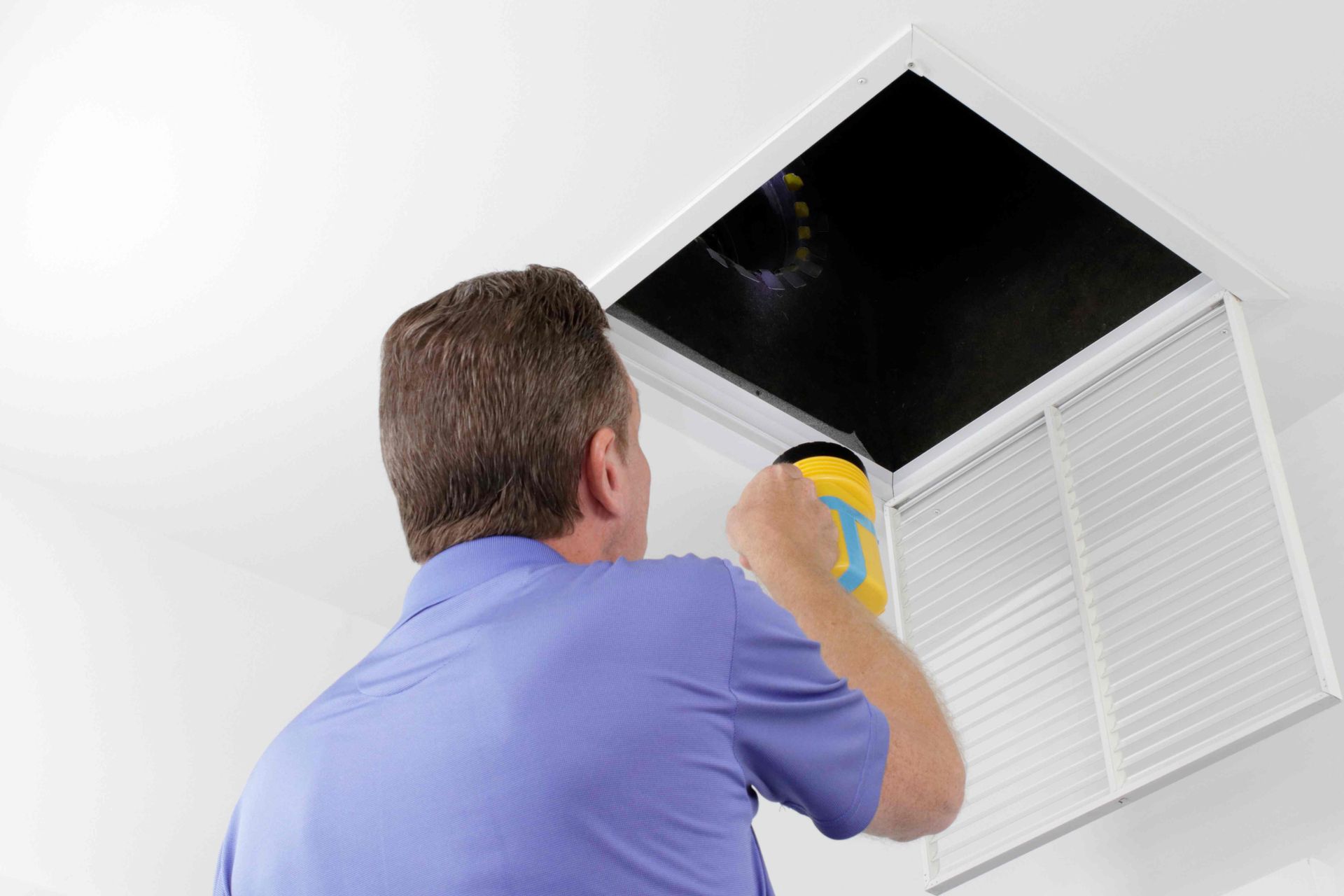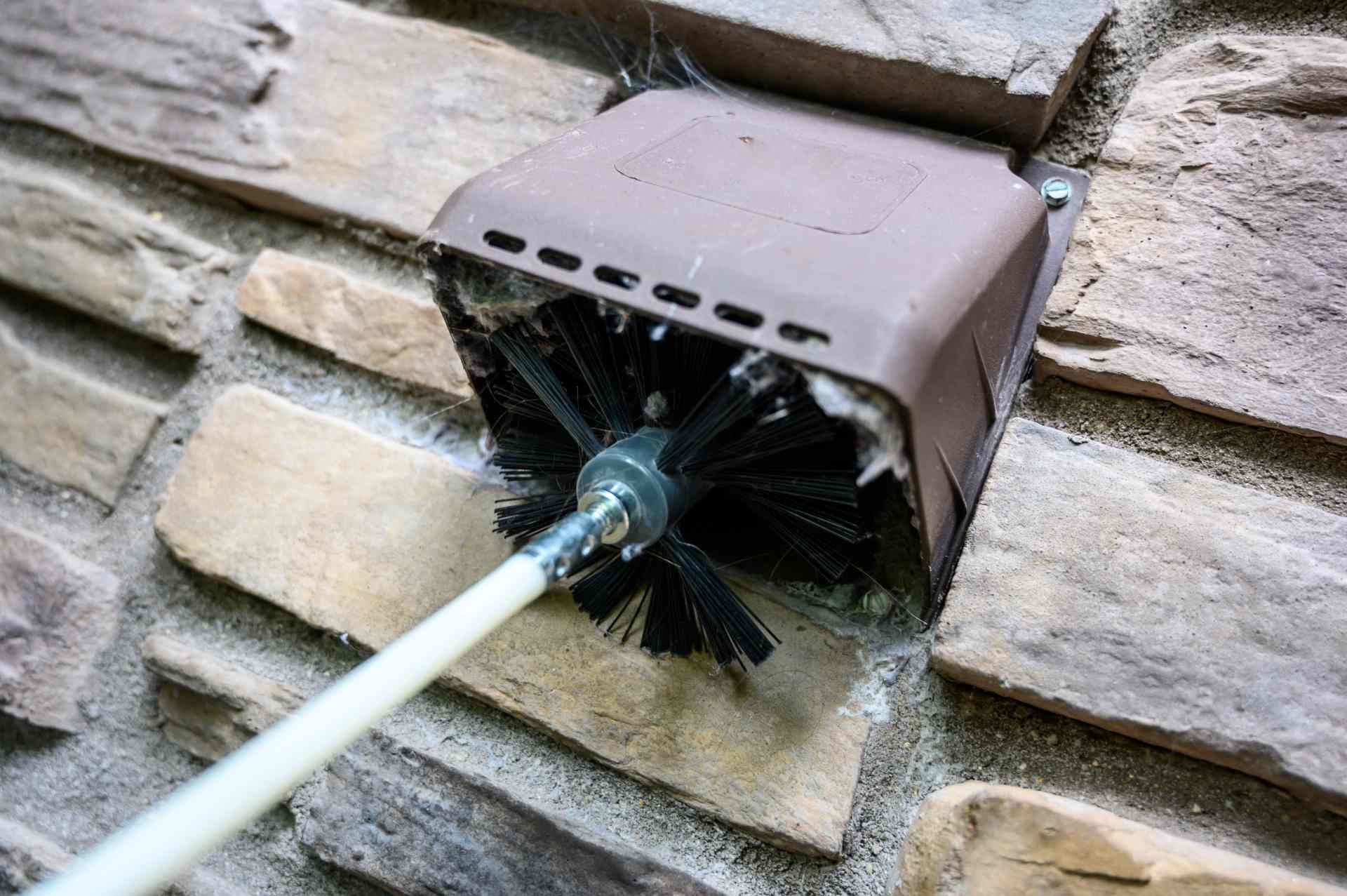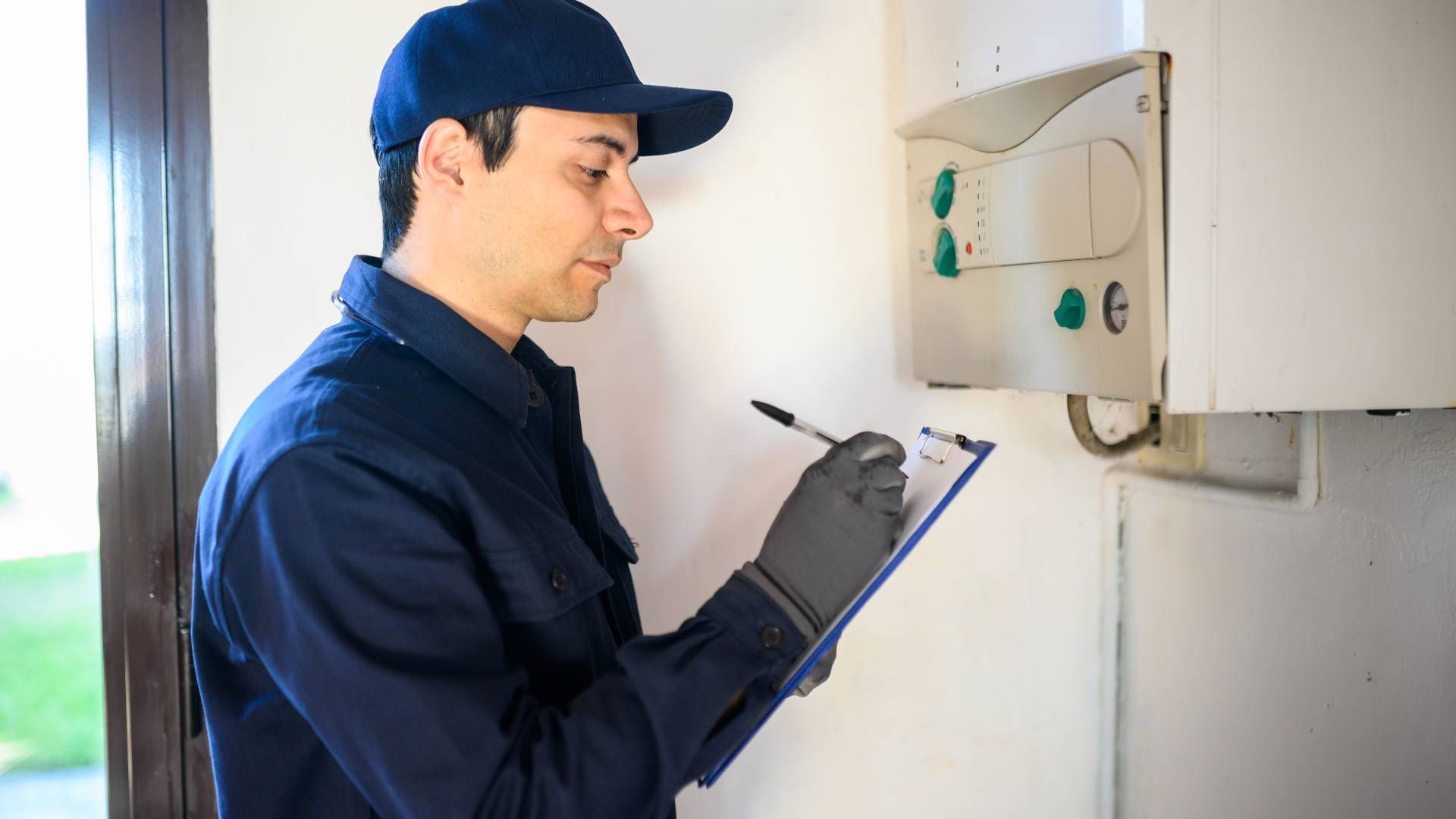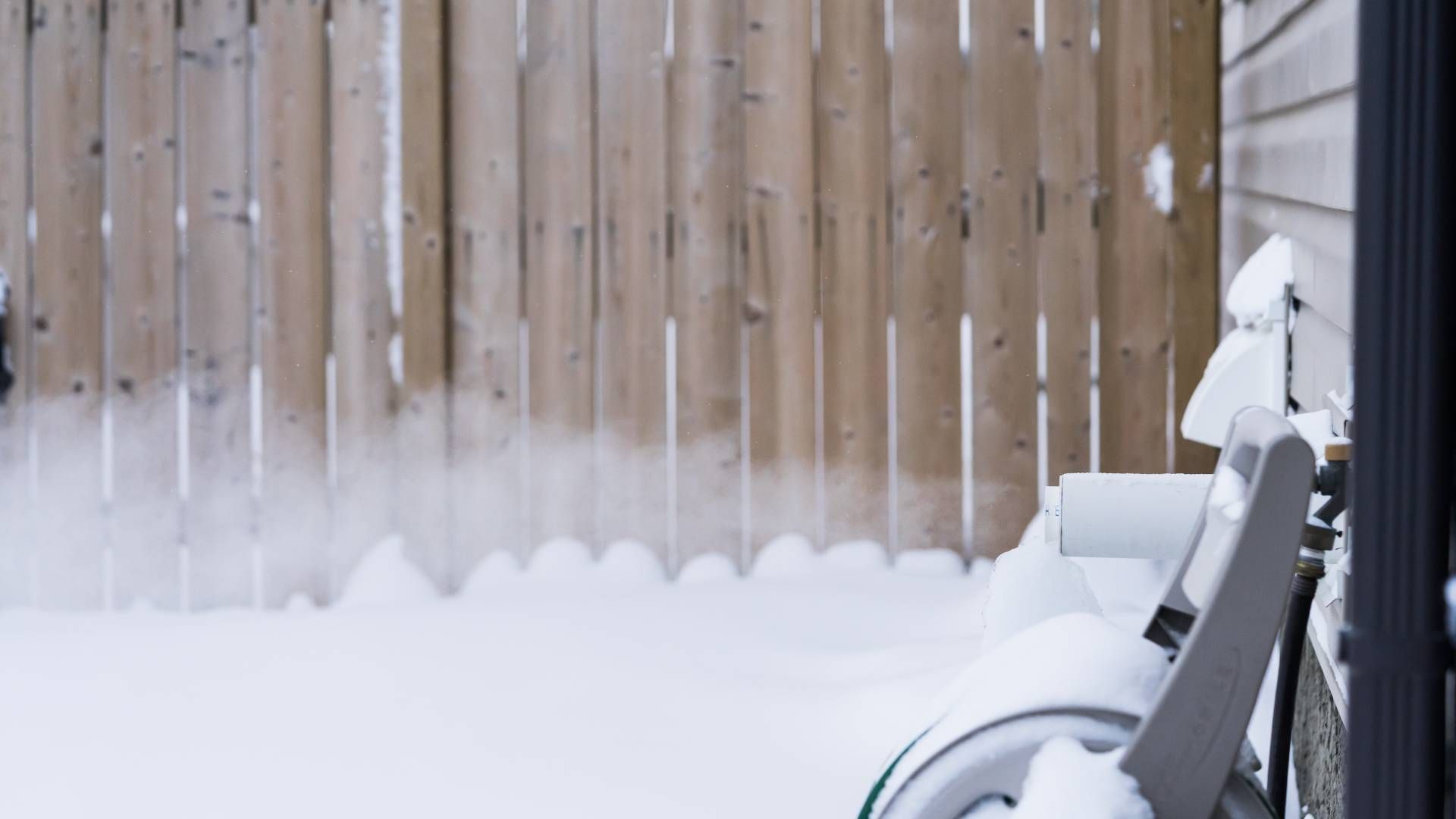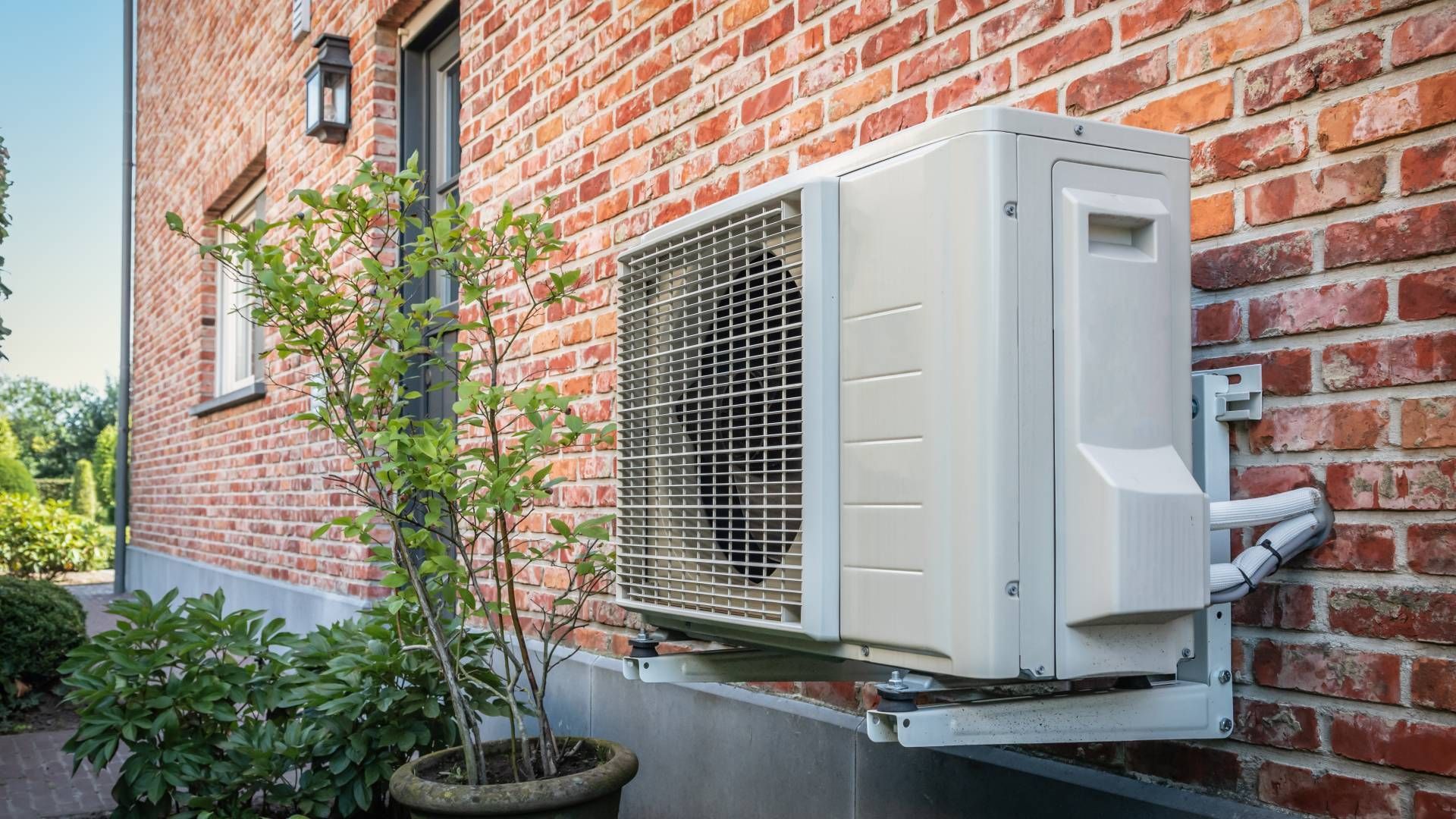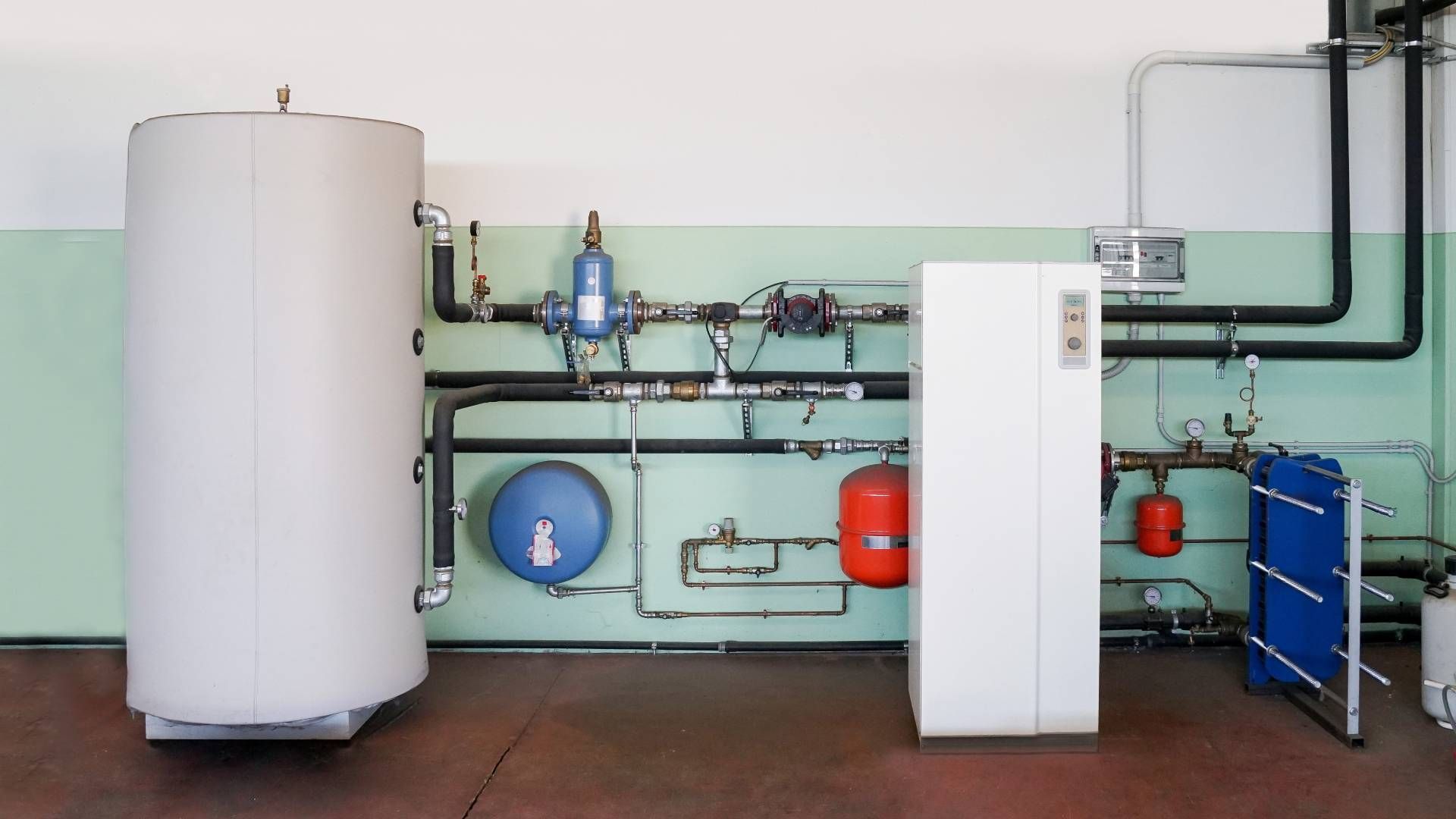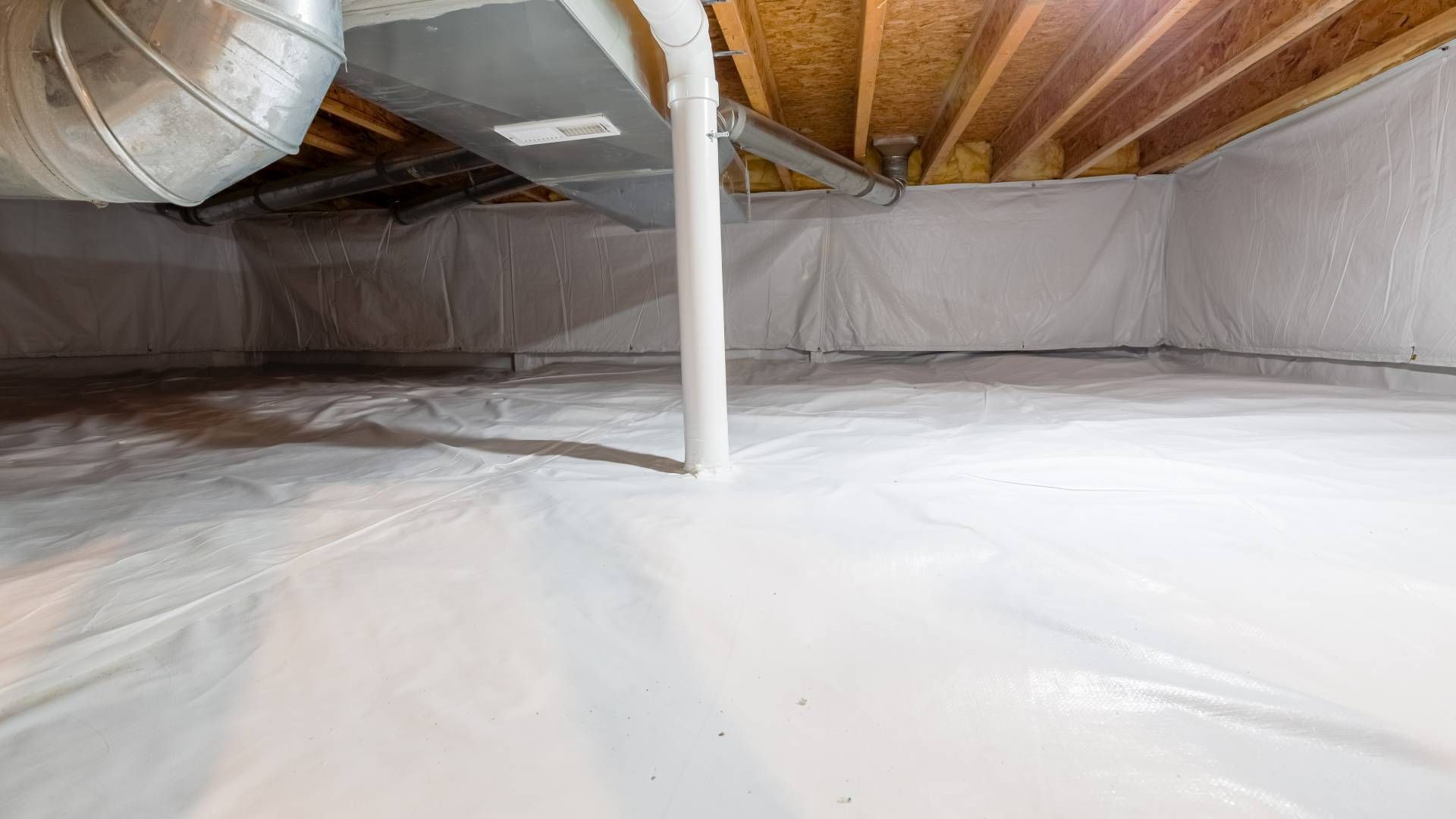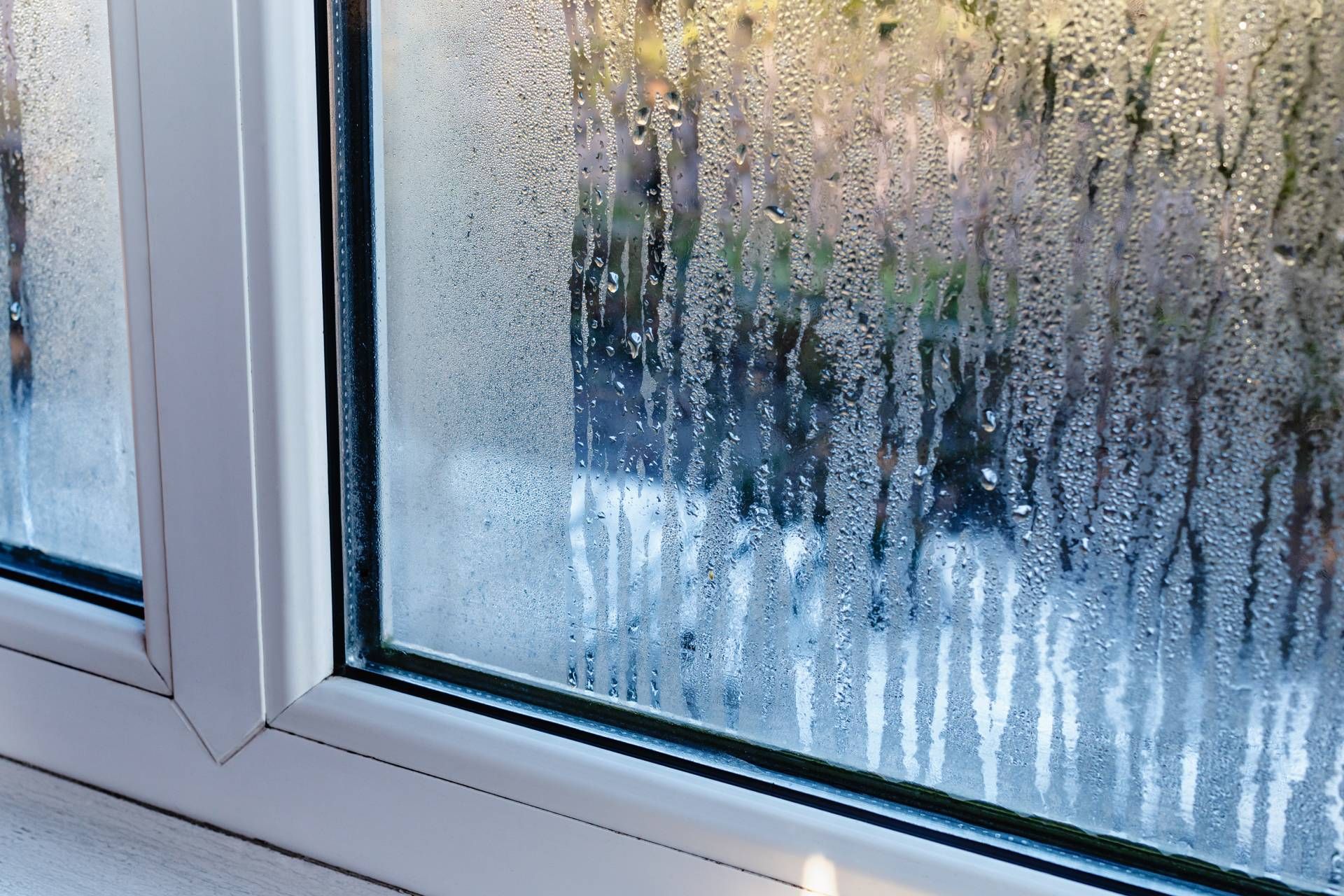Exploring the Pros and Cons of Baseboard Heating
As we creep toward the end of summer, cooler days will be here before you know it, so it’s the perfect time to discuss the pros and cons of baseboard heating. Every system has its perks and drawbacks, and the experts at Advantage Air HVAC share everything you need to know about this type of heating system.
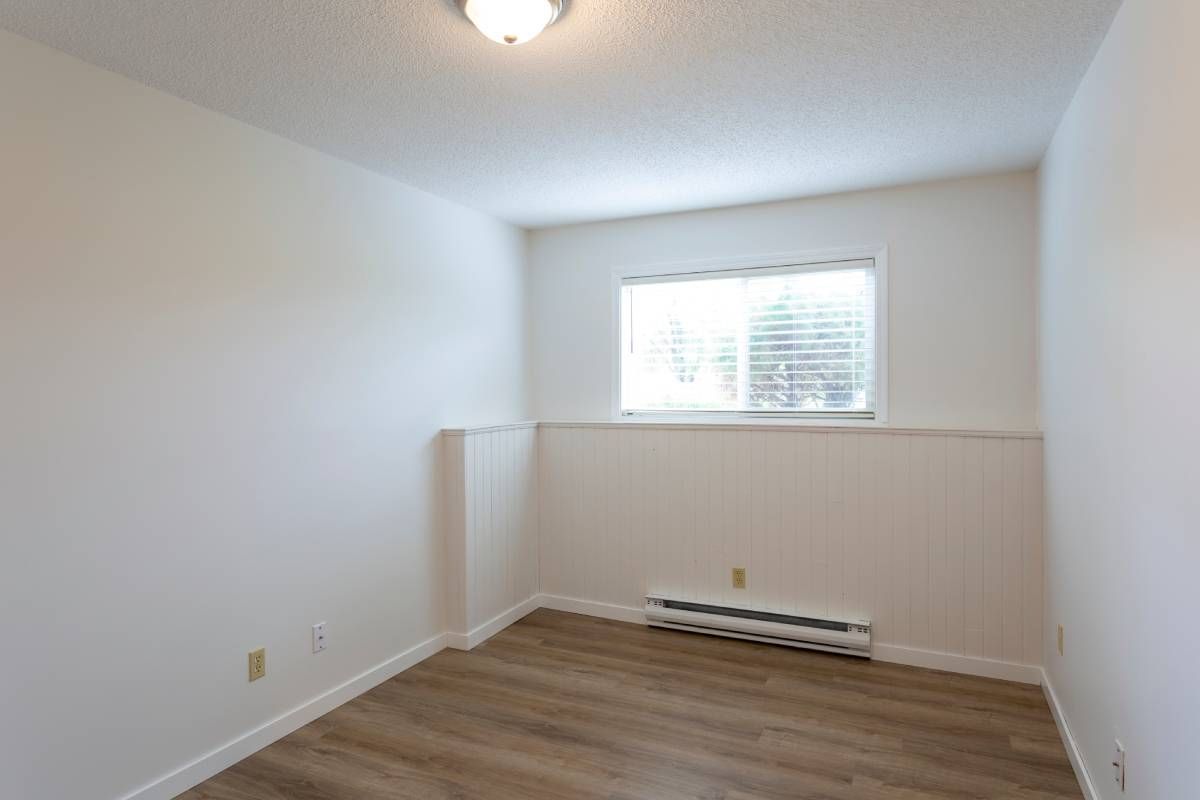
What Are Baseboard Heaters?
Before diving into the pros and cons of baseboard heating, it’s important to answer the question, “What are baseboard heaters anyway?” Baseboard heaters are zone heaters, which are a type of central heating. You can install these electric heaters on your baseboards in various rooms or hallways for more temperature control.
The Pros of Baseboard Heating
There are several advantages you’ll enjoy with baseboard heating, such as:
- It’s Quiet: Baseboard heating is much quieter than other options.
- Its Long Lifespan: These heaters often last about 20 years, varying depending on your usage and maintenance.
- It’s Efficiency: You can reduce the heat in unoccupied rooms, saving on heating costs.
- It’s Simplicity: Installation is simple because no ductwork is needed, making this a great option for those who live in older homes.
- It’s a Secondary Heat Source: It’s an excellent backup or secondary heat supply for homes with electric heat pumps that may struggle in frigid temperatures.
The Cons of Baseboard Heating
If you’re thinking about installing baseboard heaters, a few drawbacks to consider are:
- The Price: If your budget is tight, baseboard heating might not be the best choice because of its heavier upfront price tag. Overall, it can be cost-effective over time.
- The Interior Decorating Challenges: Furniture and curtains must be at least six inches from the heater, making decorating challenging but allowing you to get creative.
- The Potential Safety Concerns: The baseboard’s interior heaters get very hot, and young children or pets can injure themselves if they touch it. However, these heaters don’t release carbon monoxide, which is a major plus.
- The Maintenance: Baseboard heaters can add one more task to your chores list because they need regular vacuuming. If you let dust build up over time, it can make the heater work harder, using more energy than needed.
- The Dryer Air: You’ve likely experienced an influx of waking up with a dry nose or conducting more static electricity due to the lack of humidity inside. Baseboard heaters can cause dry air, but you can counteract this with a humidifier.
6 Ways to Improve Baseboard Heating Efficiency
Here are some easy steps to increase your heating system’s efficiency, making your home and bank account more comfortable over the chillier months.
- Seal windows and unused doors during the colder months to reduce drafts.
- Clean your baseboard heaters regularly.
- Choose a quality cover, like steel, that lets heat radiate quickly throughout the space. A steel baseboard heater cover will also make the system more visually pleasing.
- Adjust your thermostat to match your activity. Every degree above 68°F increases your energy usage by about 5%, so lower the temperature to about 60°F while sleeping and increase it to 70°F during the day.
- Remember that turning the thermostat up won’t heat a room any faster. A cold room will heat at the same speed no matter what the thermostat is at, so avoid cranking it up a few degrees.
- Install a programmable thermostat, allowing you to schedule temperature adjustments.
Baseboard Heating Near Lexington, Kentucky
Now that you’ve explored the various pros and cons of baseboard heating, you can make an informed decision for you and your home. Regardless of your heating system, Advantage Air HVAC can provide maintenance and service to keep it operating at its best. Our team has over 30 years of combined experience, and you can rely on us for residential, commercial, and geothermal heating & cooling services.
Call us today at (859) 559-6409 or contact us to speak with our expert team about getting a quote or scheduling a service. Advantage Air HVAC is located in Lexington, Kentucky, and proudly serves Versailles, Winchester, Georgetown, Paris, Wilmore, Nicholasville, and the surrounding area.
